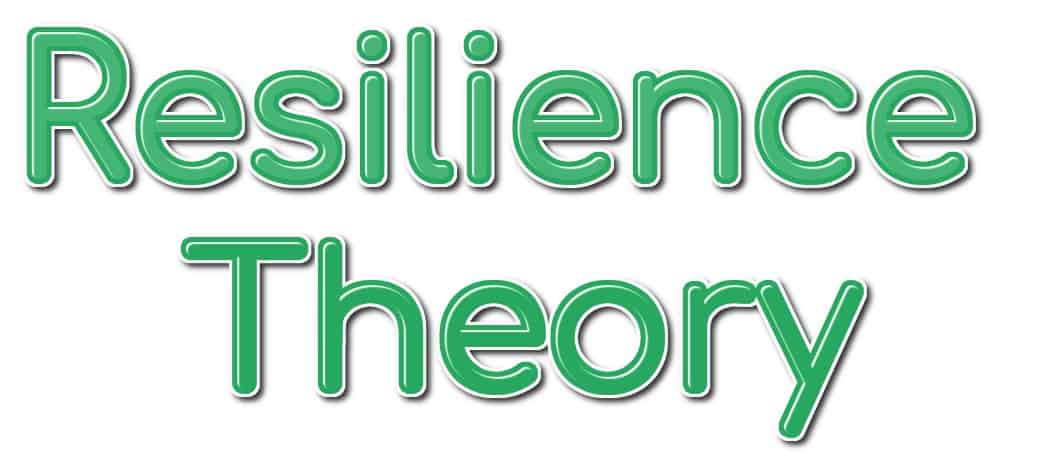For any parent or guardian, navigating the plethora of advice on parenting approaches can be overwhelming. One helpful way of looking at the issue of resilience, is not so much “whose advice should I take” but rather ‘what do we know’ about children: how do they grow up and how do the develop resilience?
One highly-regarded psychologist whose research, has been hugely influential is Emmy Werner. Children’s resilience is not built over a period of weeks or months but over many years. Longitudinal studies therefore are helpful in gauging effectiveness and drawing strong conclusions. Emmy Werner’s work was carried out over a period of 40 years on Kauai island in Hawaii. (I strongly recommend reading this research if you have time). Her work allowed her to measure the effectiveness of different experiences and approaches and synthesise her thoughts into a set of relatable and reliable conclusions.
She stated that there are 5 significant factors which enable a child (regardless of academic ability, wealth, health or other influencing factors) to develop a sense of resilience. These are:
- A strong BOND with a non-parent or adult. Your child may find this person in their school or one of the community groups to which they belong.
- A SPARK. An out-of-classroom hobby in which they have to practice. Failing in this and then improving through commitment, develops ‘islands of competence’ upon which they can draw at moments of challenge.
- INVOLVEMENT in a church or community group. Being able to contribute (show generosity and gratitude) to a group of this nature links with Martin Seligman’s views on Positive Psychology.
- An INNER-LIFE. An awareness that they are part of a bigger picture that gives their struggles meaning. For some this leads to developing an authentic spirituality in their life.
- Healthy SELF-TALK. An inner narrative that is positive and gives them. a feeling of being in control and responsible for their own fate. This is hugely important as it prevents them from losing control and becoming a ‘victim’.



